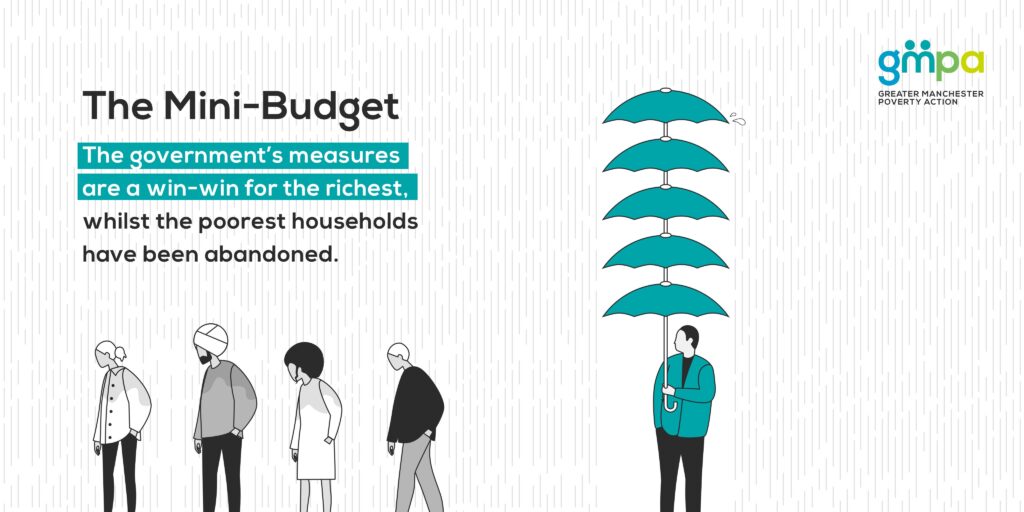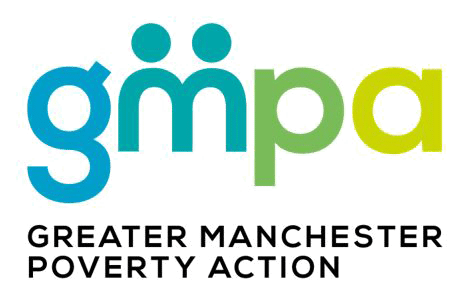The government has no strategy to tackle poverty
In the mini-budget statement on September 23rd, Chancellor Kwasi Kwarteng unveiled his “growth plan”, announcing the country’s largest package of tax cuts in 50 years. He axed the 45% income tax band for people who earn over £150,000, a policy that has since been reversed, and removed the cap on bankers’ bonuses.
It isn’t just these policies that favour the rich. Measures such as cutting stamp duty and capping energy prices will disproportionately benefit the rich.
The government’s measures are a win-win for the richest in the country, whilst the poorest households who have been struggling for years but even more so now, have been abandoned. The Resolution Foundation said that despite Monday’s U-turn, the richest households would still gain almost 40 times as much as poorer families from policies announced in the mini-budget. Their initial analysis suggested only 12% of the gains will go to the poorest half of households, who will be just £230 better off on average next year.
Instead of targeted measures to mitigate the impact of rising costs, the government has chosen to punish low-income households by introducing a tougher benefits policy for around 120,000 part-time workers.
It is impossible to justify the decisions made to drive growth when we are facing the biggest drop in living
standards for generations. The IMF has criticised the government’s proposals, warning that tax cuts could speed up price rises and increase inequality.
Furthermore, according to a 2020 study by LSE’s International Inequalities Institute, keeping tax low for the rich does not boost the economy or jobs. They used data from 18 OCED countries, including the UK and US, over the last five decades and found major tax cuts lead to higher income inequality.
The government does not have a strategy to tackle poverty, and the lack of action will increase inequality throughout the country. This will take an enduring toll on the poorest communities and younger generations to come.
At GMPA, we believe we need a new up-to-date cost-of-living support package that is targeted at low-income households, i.e. those who need the most support. This should be the first step to better long-term planning to address poverty that includes scrapping damaging policies such as the bedroom tax and two child limit on certain benefits.





